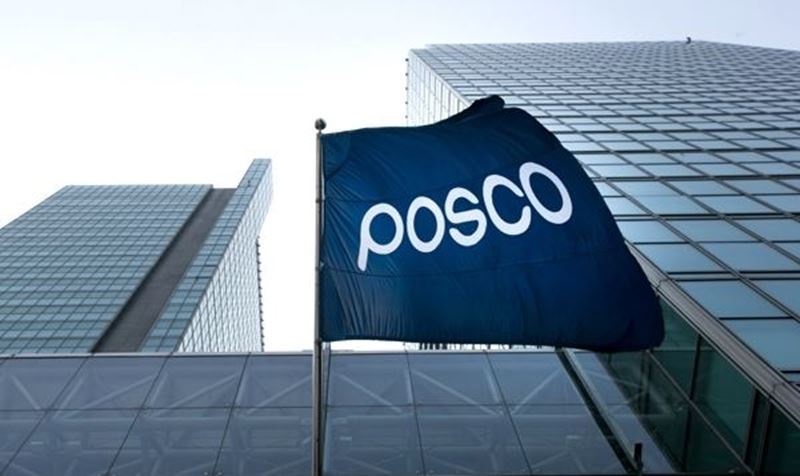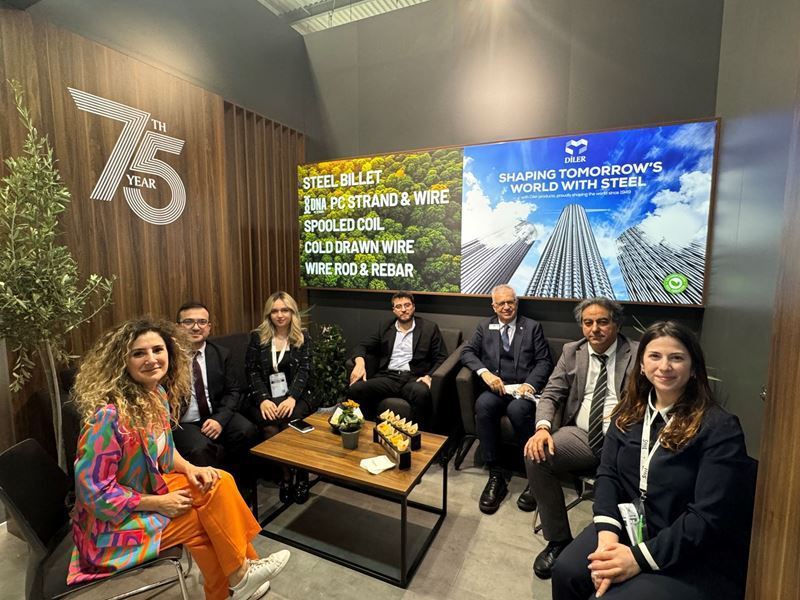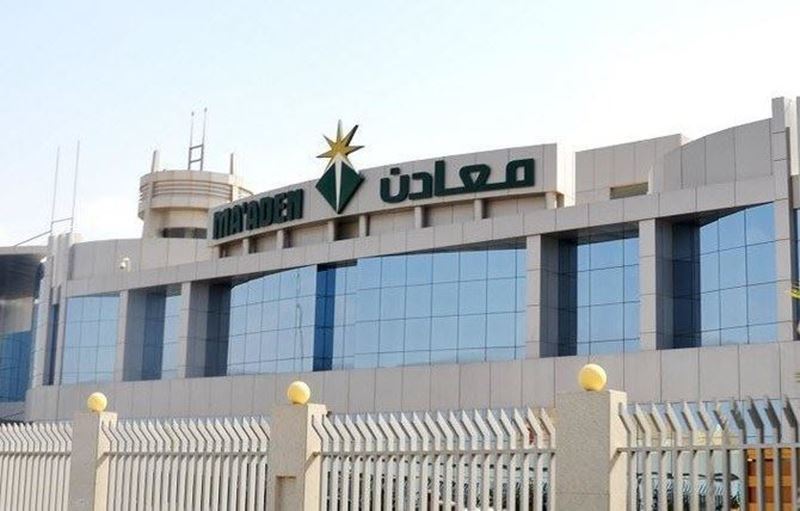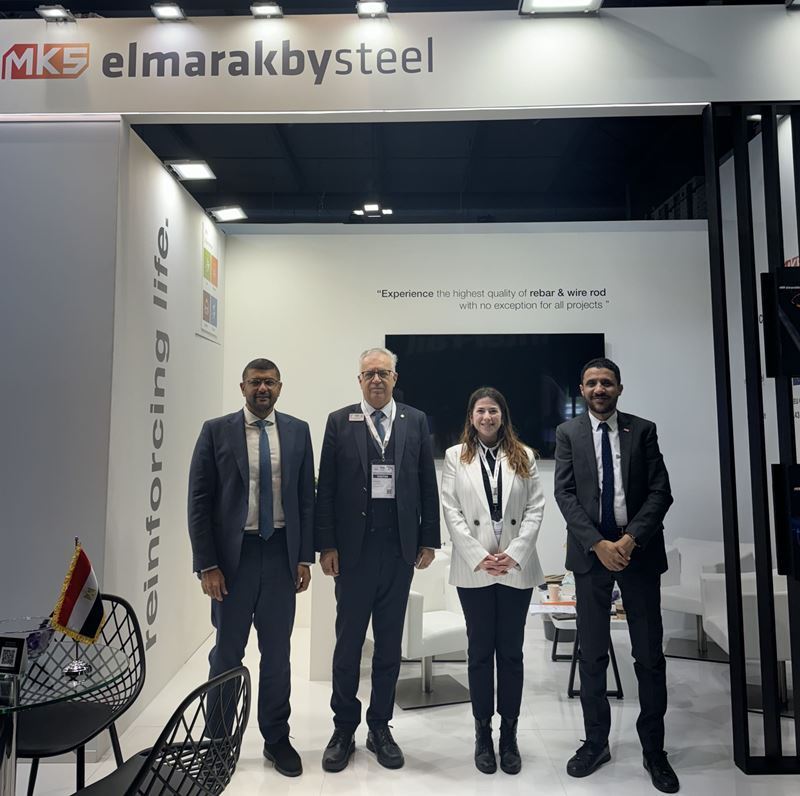The 17th Arab Steel Summit, organised by AISU (Arab Iron and Steel Union), with SteelRadar as its media partner, started on 14 October 2024 at the Sheraton Doha Hotel in Doha, the capital of Qatar. One of the first panel topics of the Summit was the economic and geopolitical impacts on the steel industry summit. The panel discussed the challenges for Arab steel producers and the factors that significantly affect steel demand.
In 2024, the steel industry is being shaped by the effects of global and regional crises. Geopolitical tensions, economic slowdowns and natural disasters are among the factors that significantly affect steel demand. In this context, industry experts came together in a panel moderated by Fastmarkets.
The main topics of the panel are as follows:
1. Geopolitical Tensions: Conflicts in Eastern Europe and the Middle East are creating uncertainty by causing disruptions in trade routes. This has led countries to increase their defence expenditures and increased demand for steel in military applications, leading to a decline in infrastructure and construction investments.
2. Economic Stagnation: Global economic challenges are leading to a decline in industrial activity. The slowdown in the construction and manufacturing sectors can lead to a decline in steel consumption. In particular, the slowdown in China, one of the largest economies, directly reduces steel demand by affecting infrastructure projects.
3. Natural Disasters: Increasing natural disasters due to climate change have negative impacts on production facilities and supply chains. Although reconstruction efforts temporarily boost steel demand, general instability makes long-term planning difficult.
Challenges for Arab Steel Producers
The panel also discussed the challenges Arab steel producers will face in 2024:
1. Cost Pressures: Global inflation is pushing up raw material, energy and transport costs, straining profit margins. This may discourage steel purchases by the construction and manufacturing sectors by raising final product prices.
2. Supply Chain Disruptions: Challenges and geopolitical tensions in the aftermath of the pandemic have caused delays and shortages in supply chains. Arab steel producers may face difficulties in obtaining necessary inputs, which may affect their production schedules.
3. Export Competitiveness: Arab steel producers have been able to sustain growth by relying on exports. However, inflation and supply chain issues may adversely affect their competitiveness in international markets.
4. Technology and Sustainability Investments: To meet these challenges, Arab steel producers are turning to invest in technology and sustainable practices. This transition can help them reduce costs by increasing efficiency.
In conclusion, the global landscape for steel demand in 2024 is shaped by the complex interplay between crises and economic pressures. To meet these challenges, Arab steel producers need to adapt to market conditions, optimise their operations and seize opportunities for innovation, panel speakers stressed. The future of the steel industry will be determined by how it responds to these dynamics.











Comments
No comment yet.